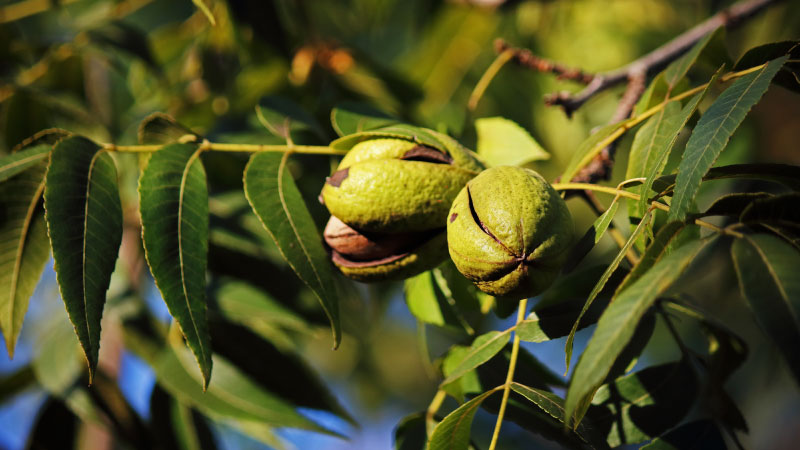National Sustainable Agriculture Coalition Releases FSMA Special Reports
The National Sustainable Agriculture Coalition (NSAC) released its first two “Special Reports” on the Food and Drug Administration’s (FDA) new food safety rules for produce farms and food processors under the Food Safety Modernization Act (FSMA). NSAC’s new Special Reports feature will be an opportunity for readers to obtain in-depth and comprehensive coverage of salient sustainable agriculture issues and programs.
The reports, “Understanding FDA’s FSMA Rule for Produce Farms” and “Understanding FDA’s FSMA Rule for Food Facilities“, will include:
- Updated and consolidated analysis on FSMA’s Produce Rule and Preventive Controls Rule geared toward small and mid-sized farms and local food businesses.
- New analysis on the recently finalized exemption for retail food establishments.
- Additional detail to accompany the popular Am I Affected? Flowchart, which takes farmers step by step through a list of simple questions that will help them to determine whether and to what extent new food safety rules apply to their operations.
FSMA was signed into law in January 2011 and authorizes FDA to establish first-time food safety requirements for farms producing fruits and vegetables, among other requirements for participants across the food supply chain.
In September 2015, FDA finalized the Preventive Controls Rule, which governs food processing operations, and which can include farms depending on the degree of value-added processing they are doing. In November 2015, FDA finalized the Produce Safety Rule, which sets food safety standards for farms to follow in an effort to minimize the risks of microbiological contamination that may occur during the growing, harvesting, packing, and holding fresh produce. These two rules are among seven major rules that span across the supply chain, from farms to transportation to processing to imports.
Not all farms will be subject to the new rules; some will be exempt from all requirements, some may be eligible for modified requirements. To allow readers to quickly find the information most pertinent to their needs, the NSAC reports break information out into three major sections: (1) exempt farms/facilities, (2) qualified exempt farms/facilities, and (3) fully covered farms/facilities. As compliance timelines approach, NSAC hopes these reports provide a valuable resource for farms, food businesses, and the organizations providing education and outreach in this new food safety landscape.
The next NSAC Special Report will focus on conservation compliance, the set of conservation requirements that apply to certain farms that receive federal commodity, crop insurance, or conservation program benefits. It will be published later this year.










